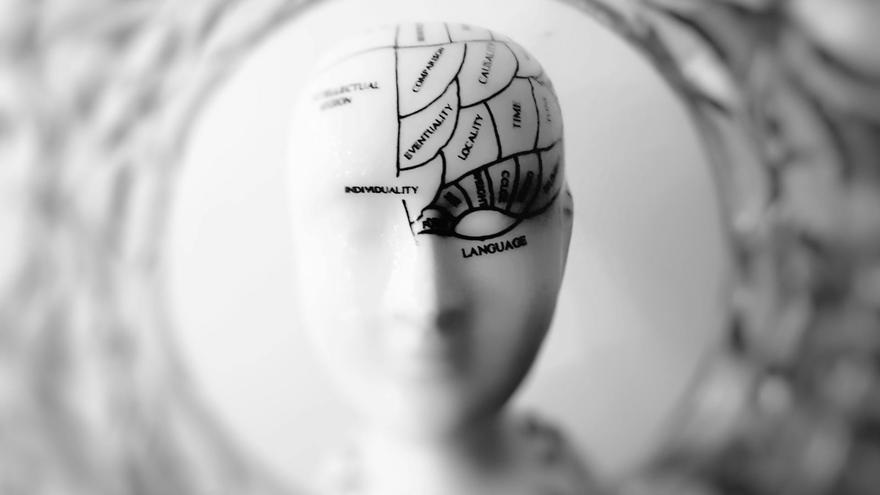How Does Self-Hypnosis Work in the Brain?

Self-hypnosis is a type of hypnosis that is self-directed and self-induced rather than being under the control of a hypnotist or therapist. While the specific mechanisms underlying self-hypnosis are still not fully understood, research suggests that it engages many of the same brain regions and networks as traditional hypnosis, but with some key differences in terms of the level of self-control and intentionality involved.
Some key aspects of how self-hypnosis works in the brain include:
Focused attention: Self-hypnosis involves a deliberate focusing of attention on a specific idea, image, or sensation, often accompanied by a state of deep relaxation. This focused attention is thought to engage the prefrontal cortex and other brain regions involved in executive functions such as goal-directed behaviour and inhibitory control.
Suggestion and imagery: Self-hypnosis often involves the use of self-generated suggestions and imagery to facilitate desired changes in thoughts, feelings, and behaviours. These suggestions and images are thought to engage the language and visual processing areas of the brain, as well as the limbic system and other regions involved in emotional processing.
Altered states of consciousness: Self-hypnosis can induce a state of altered consciousness characterised by increased suggestibility, dissociation, and absorption in the hypnotic experience. These altered states are thought to involve changes in brain wave activity, particularly in the alpha and theta frequency ranges, as well as changes in functional connectivity between different brain regions.
Neuroplasticity: Self-hypnosis may also engage neuroplastic processes in the brain, facilitating long-term changes in neural structure and function. By repeatedly engaging specific brain regions and networks through self-hypnosis, individuals may be able to "rewire" their brains in ways that support desired changes in thoughts, feelings, and behaviours.
It is important to note that the effectiveness of self-hypnosis can vary widely depending on individual differences in hypnotic susceptibility, motivation, and skill level. Some individuals may find self-hypnosis to be a powerful tool for personal growth and change, while others may struggle to achieve the desired level of focus and absorption.
Additionally, while self-hypnosis can be a safe and effective tool for many individuals, it is not a substitute for professional medical or psychological treatment, particularly for more severe or complex conditions. It is important to approach self-hypnosis with caution and to seek guidance from qualified and experienced practitioners when necessary.
By understanding how self-hypnosis works in the brain, individuals can approach this powerful tool with greater awareness and intentionality and work to optimise its effectiveness for their specific needs and goals. 🌟 #SelfHypnosisAndTheBrain #OptimizingHypnoticEffectiveness #CautionAndGuidance #pobinsider

0 comments
Leave a comment
Please log in or register to post a comment